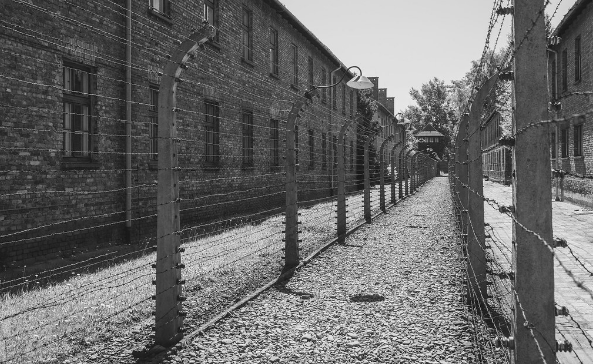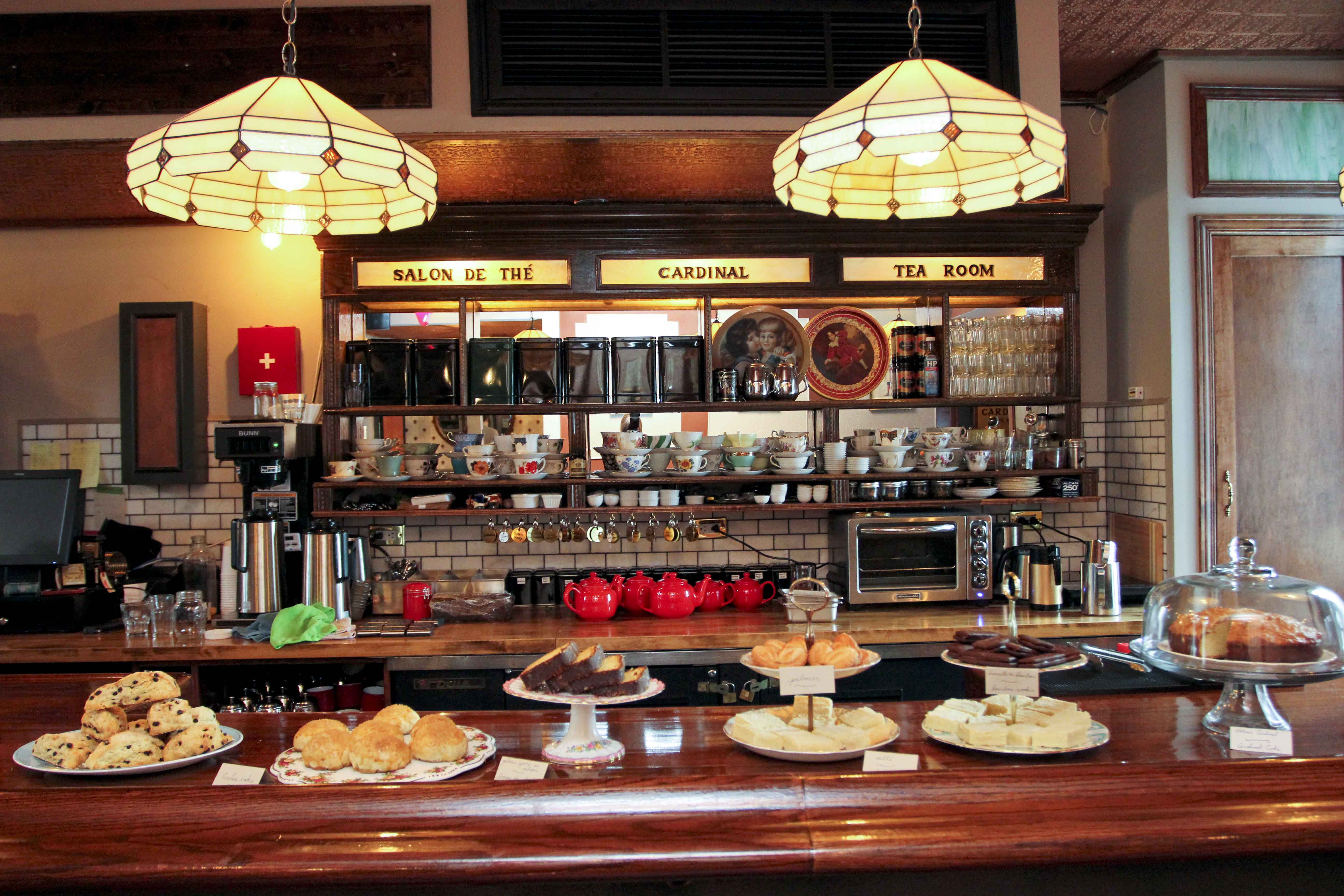This past weekend marked the 81st anniversary of Kristallnacht, also known as the “Night of Broken Glass, which many historians view as the onset of the Holocaust. However, if you’re like most people you probably didn’t know, even if you know what Kristallnacht is. As memorials and exhibitions set to take place around the world to memorialize this infamous event, a dark shadow looms in the minds of many as anti-Semitism and other forms of hatred have become more violent and deadly. In the quest to fight hate a lingering question remains… how?
The experiences of my grandparents imbued within me an acute sense of responsibility toward immortalizing their memories and experiences
As the grandson of four Holocaust survivors, the concept of anti-Semitism was introduced to me at a very young age. I was told not to walk in public with items or symbols that could identify me as being Jewish, such as a kippah or Magen David (Star of David). The experiences of my grandparents imbued within me an acute sense of responsibility toward immortalizing their memories and experiences. However, I knew that I could not do so without proudly proclaiming my Jewish identity.
Yet, being proud and comfortable in proclaiming your identity to the world around you is not the solution to the problem of hate. In my time at McGill I have enmeshed myself in Jewish life and proudly showcased my Jewishness to whomever I’ve encounter, yet this didn’t prevent instances of clear anti-Semitism from happening to me. During my first year at McGill, for example, I had been told by a fellow student at a social gathering to hide my Magen David because he had known of a couple of students at the event who held unsavory opinions on Jews, and he feared for my safety.
While McGill University has experienced its fair share of anti-Semitic related issues in both past and recent incarnations, it surely does not have a monopoly on hate. I know this first hand from my experience as an intern in New York when I was in High School and a fellow intern had told a group of his friends, and myself, that he’d believed Jews and others were beneath Christians. On the one hand as of 2019, Canada’s hate-crime rate has decreased since a high in 2017, yet is still higher than in 2016. On the other hand, in the United States, hate crimes have steadily increased for the fifth year in a row, with the most targeted groups being Jews, African Americans, and members of the LGBTQ+ community, respectively.
In each of these scenarios I have noticed one common theme: a lack of education in tolerance and acceptance. It is in knowing this that the mission to fight hatred finds its answer: Holocaust education. According to research done by the United States Holocaust Museum, education on the Holocaust serves as a countermeasure to the ignorance which breeds hate toward any and all groups of people. Findings show that Holocaust ecucation cautions students what can happen when hate, racism, prejudice, and stereotyping goes unchecked. Furthermore, Holocaust education teaches students that the Holocaust was not an event in history which happened by accident or overnight, rather that it was a process by which a whole society, from individuals, to the government made choices based on prejudices and hate which legalized discrimination and ultimately mass murder.
These lessons are important to teach not only to address anti-Semitism, but also racism, Islamophobia, homophobia, and a myriad of other forms of hatred
These lessons are important to teach not only to address anti-Semitism, but also racism, Islamophobia, homophobia, and a myriad of other forms of hatred. By implementing Holocaust education, students are taught what happens when hate goes unchallenged, as well as the impact of indifference and the act of being a bystander when confronted with the oppression of others.
With this knowledge in hand, it is worrisome to learn that in Canada twenty-two percent of Canadians aged between eighteen and eighteen to thirty-four had never heard of the Holocaust. In the United States a seperate study captured a similar figure for millenial Americans, with twenty-two percent polling that they had not heard of the Holocaust or were unsure if they had. More alarming, the same poll found that twice the percentage of American adults had polled the same answer.
Yet, there is a glimmer of hope. That same poll found that near the end of the survey ninety-three percent of respondents expressed the belief that all students should be required to learn about the Holocaust in school. As of today, twelve US states require Holocaust education in High School curriculums, while no such mandate exists in any of Canada’s provinces. Most promising U.S. Congresswoman Carolyn Maloney (D-NY), whom I had the privilege to intern for this past summer, sponsored a bill entitled the “Never Again Education Act” this past January in the House of Representatives to provide federal grants to teachers across the United States to promote Holocaust education. US Senator Jacky Rosen (D-NV) introduced a related bill with into the U.S. Senate this past July. Both bills elicited broad bi-partisan support.
With hate crimes spreading across the world, from Quebec and Pittsburgh, to Charleston and Paris, Holocaust education presents itself as a medium through which the repercussions of hatred can be taught and ultimately prevented. As we reflect on the events of Kristallnacht and the beginning of the Holocaust, we should also seek out to implement the lessons which can be learned from this dark period in history for the betterment of our society. If you are an American citizen, you can write to your representative and senator to support the Holocaust education bills in Congress. Being a bystander to hatred simply cannot happen again.








